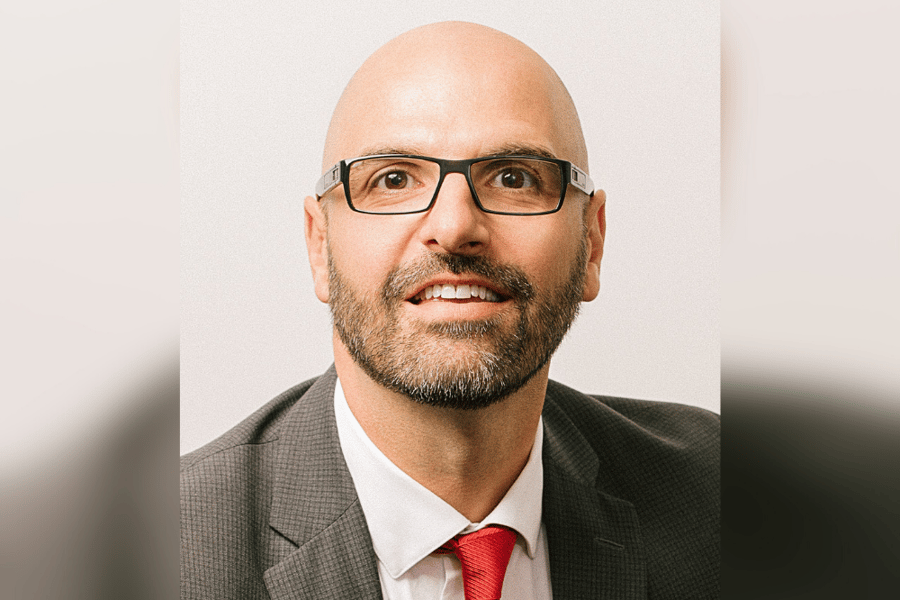DLC's president told MBN that a gradual interest rate rise could be necessary in the long run

With the lowest rates for five-year fixed mortgage products in Canada having risen last month for the first time since January 2020, speculation began to mount in the mortgage industry about the implications of further rate hikes in the near future.
It seems a question of when, not if, fixed mortgage rates in Canada will increase again, with any positive news on the pandemic front expected to be followed by an accompanying rate rise. That’s because the rising yield on Canadian five-year government bonds has been attributed to economic optimism – meaning there’s less demand for those bonds.
In the United States, whose vaccination program has set a frenetic pace and far outstripped that of Canada, 30-year fixed rates have risen for seven consecutive weeks as economic and consumer confidence also crept up.
Last month, CIBC World Markets Inc. deputy chief economist Benjamin Tal said that overly confident messaging from the Bank of Canada on the prospect of economic recovery could cause a sudden spike in five-year interest rates and possibly cause damage to the Canadian economy.
Still, with the optimism of early March having cooled somewhat by new lockdowns and rising COVID-19 case numbers across several Canadian provinces, there seems little prospect of a sudden and unexpected fixed rate rise.
Tal told BNN Bloomberg last month that a measured, gradual rise in fixed mortgage rates could help balance the currently red-hot Canadian housing market – a sentiment that Dominion Lending Centres (DLC) president Eddy Cocciollo agrees with.
“I think, at the end of the day, a rising interest rate is necessary, especially when it comes to stability,” Cocciollo told Mortgage Broker News. “Right now, that’s one of the things that we could provide Canadians to slow down on what they feel is a pressure to buy, or the FOMO effect – fear of missing out.”
That said, Cocciollo added that the prospect of rate increases on the horizon could lead to a rush on the Canadian housing market, with people hurrying to finalize deals at current low rates and pushing house prices even higher. “It’s hard to predict,” he said.
The Bank of Canada’s confirmation that it will keep the overnight rate steady at 0.25% until the economy sustains its inflation target of 2% has been good news for customers on the variable rate front. Some forecasts have suggested that there will be little to no movement until early 2023, with Cocciollo emphasizing that the economy is unlikely to rebound until at least 60-70% of Canadians have received the vaccine – “and that could take a while.”
Tal had warned that the pace of potential fixed rate increases could be a cause for concern, with rapid rises potentially having a sharp detrimental impact on the Canadian economy. With that in mind, Cocciollo said that while there was no doubt that fixed rates would continue to creep up, he expects the Canadian government to carefully monitor those increases to prevent excessive volatility in the housing market.
“Are [fixed rates] going to rise at 3-3.5%? It’s hard to say, but I don’t think so,” he said. “I think the mid-to-high twos are definitely possible, but when you get beyond that it’s highly unlikely – it’s just going to put too much pressure on the economy.
“I think the government will try to stickhandle that as much as they can.”



